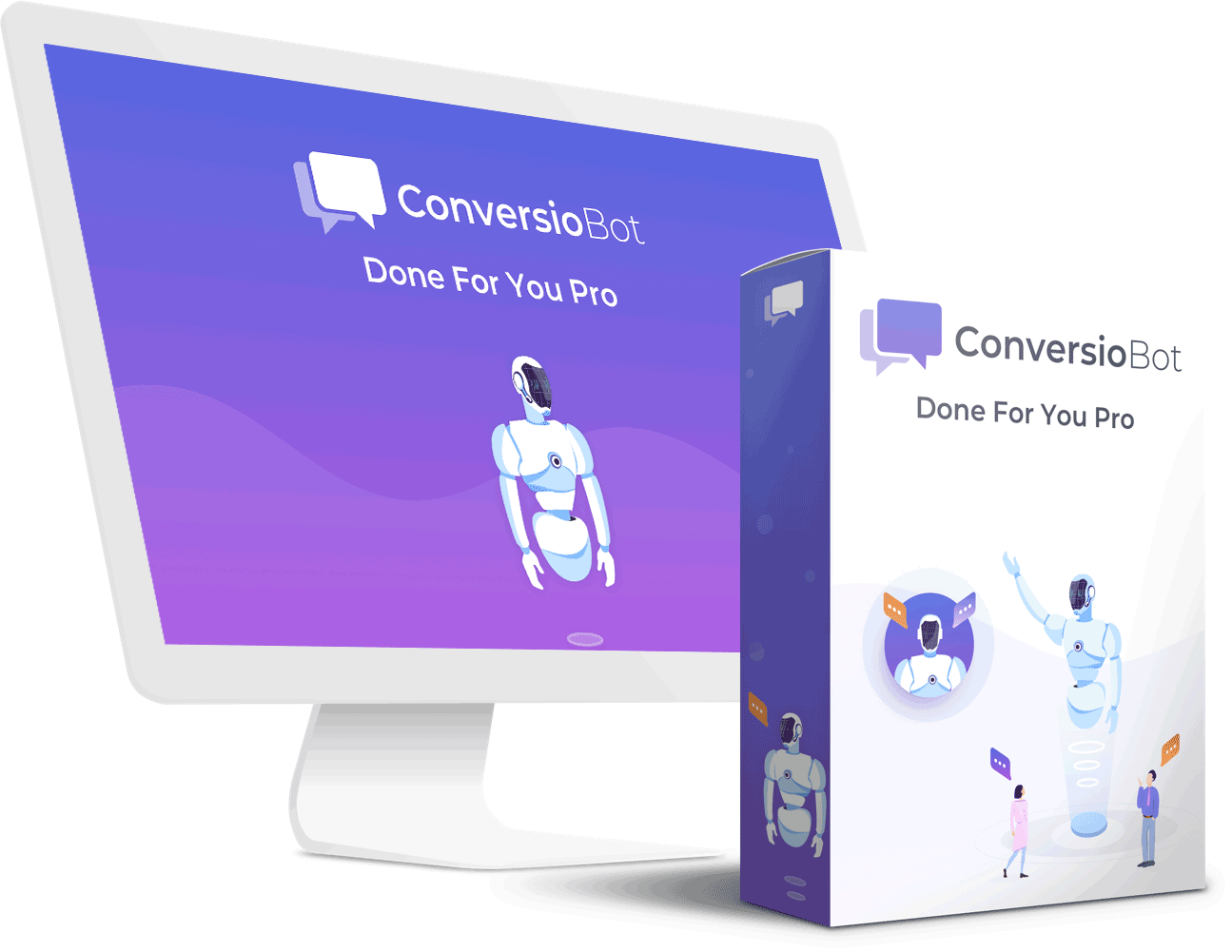Table of Contents
Introduction
Job interviews can be nerve-wracking experiences, especially for job seekers looking to make a lasting impression on potential employers. However, with the right preparation and practice, you can greatly improve your interview skills and increase your chances of securing the job of your dreams. In this article, we will explore various strategies and techniques to help you excel in interviews, from warming up before the interview to acing different types of questions and tests.

The Importance of Interview Warm-Up
Before diving into the specifics of interview skills, it is essential to understand the significance of warming up before an interview. Just as athletes warm up their muscles before a race, job seekers should also prepare themselves mentally and emotionally. Here are a few effective warm-up techniques:
- Research the company: Gather information about the company’s background, mission, values, and recent achievements. This knowledge will demonstrate your interest and enthusiasm during the interview.
- Practice self-introduction: Prepare a concise and engaging self-introduction that highlights your qualifications, experiences, and career aspirations. Rehearse it to ensure a confident delivery.
- Mock interviews: Conduct mock interviews with a friend or mentor to simulate the interview environment. This will help you identify areas for improvement and build your confidence.

Click to know more about the above product from a Chatbot
Types of Interview Questions
Interviewers use various types of questions to assess candidates’ suitability for a role. To harness your interview skills, familiarizing yourself with these question types will enable you to craft thoughtful responses. Here are a few common types:
- Behavioral questions: These questions assess how you handled past situations and predict your future behavior. Prepare examples that highlight your problem-solving, teamwork, and leadership skills.
- Technical questions: Commonly used in technical or specialized roles, these questions test your domain knowledge and expertise. Review industry-specific concepts and practice solving related problems.
- Case study questions: These questions require you to analyze and solve hypothetical scenarios. Develop a structured approach to problem-solving and practice applying it to different situations.
- Situational questions: These questions evaluate how you would handle specific workplace situations. Think about potential challenges in the role you are applying for and prepare appropriate responses.

Aptitude Tests
Aptitude tests are often included in the interview process, particularly for technical or analytical roles. These tests assess your problem-solving, critical thinking, and numerical reasoning abilities. Here are some tips for preparing for aptitude tests to boost your interview skills:
- Understand the test format: Research the specific aptitude test you will be taking. Familiarize yourself with the question types and time limits to better manage your test-taking strategy.
- Practice sample questions: Look for online resources or practice books that provide sample questions similar to those in the aptitude test. Regular practice will improve your speed and accuracy.
- Brush up on fundamentals: Revise basic mathematical concepts, such as percentages, ratios, and averages. Strengthen your logical reasoning and analytical skills through practice exercises.
Interview-Specific Tips for Freshers
For freshers entering the job market, the interview process can feel overwhelming. Here are some interview-specific tips tailored to freshers to help sharpen your interview skills:
- Highlight transferable skills: Emphasize your relevant coursework, internships, projects, or extracurricular activities that demonstrate your ability to learn quickly and adapt to new environments.
- Showcase passion and enthusiasm: Even if you lack extensive experience, your enthusiasm for the role and the industry can set you apart. Share your genuine interest and eagerness to learn.
- Demonstrate a growth mindset: Highlight your willingness to learn and grow professionally. Showcase instances where you took initiative to enhance your skills or overcome challenges.
Additional Interview Preparation Strategies
Develop a strong elevator pitch: Craft a compelling and concise summary of your skills, experiences, and career goals. This elevator pitch can be used to introduce yourself confidently and leave a lasting impression on the interviewer.
- Practice active listening: During the interview, listen attentively to the interviewer’s questions and instructions. Take a moment to gather your thoughts before responding. Engage in active dialogue by asking relevant questions and seeking clarification when needed.
- Utilize the STAR method: When answering behavioral questions, structure your responses using the STAR method: Situation, Task, Action, and Result. Clearly explain the situation, describe the task or challenge you faced, outline the actions you took, and conclude with the positive results or outcomes achieved.
- Showcase your soft skills: In addition to technical expertise, employers value soft skills such as communication, teamwork, problem-solving, and adaptability. Prepare examples that illustrate your proficiency in these areas, as they are crucial for success in any role.
- Research common interview questions: While you cannot predict the exact questions you will be asked, researching common interview questions can help you anticipate and prepare for a variety of topics. Practice your responses to these questions to build confidence and fluency.
- Dress professionally and maintain professional etiquette: Dress appropriately for the interview, considering the company culture and industry norms. Maintain good posture, make eye contact, and exhibit positive body language. Remember to express gratitude to the interviewer at the end of the interview.
- Leverage online resources: Explore interview preparation websites and platforms that offer comprehensive guides, sample questions, and mock interviews. These resources can provide valuable insights and help you refine your interview skills.
- Seek feedback and learn from each interview: Whether you receive a job offer or not, always request feedback from the interviewer. Constructive feedback can highlight areas for improvement and help you refine your interview approach for future opportunities.
Crack the Google Interview
Securing a job at Google is a dream for many. While their interview process is rigorous, thorough preparation can increase your chances of success. Here are a few tips specific to cracking a Google interview:
- Understand the interview format: Research and understand the structure of Google’s interview process, which typically includes technical interviews, coding challenges, and behavioral assessments.
- Review computer science fundamentals: Google places a strong emphasis on technical proficiency. Brush up on data structures, algorithms, coding languages, and system design concepts. Leverage online resources and practice coding problems to enhance your skills.
- Problem-solving and critical thinking: Google evaluates candidates’ ability to solve complex problems efficiently. Practice solving coding challenges and logical puzzles to sharpen your problem-solving skills.
- Behavioral interviews: Google assesses candidates’ soft skills and cultural fit. Be prepared to share examples of your collaboration, leadership, and innovation. Showcase your ability to work in a team and contribute to a dynamic work environment.
Conclusion
Mastering interview skills is a crucial step towards landing your desired job. By following the strategies outlined in this comprehensive guide, you can improve your interview performance and stand out from the competition. Remember to invest time in interview warm-up, prepare for different question types, excel in aptitude tests, and tailor your approach based on your experience level. With diligent preparation, confidence, and a positive mindset, you can confidently navigate the interview process and secure your dream job. Good luck!
Further Reading: https://techhorizoncity.com/ai-model-to-transform-the-hiring-process/

